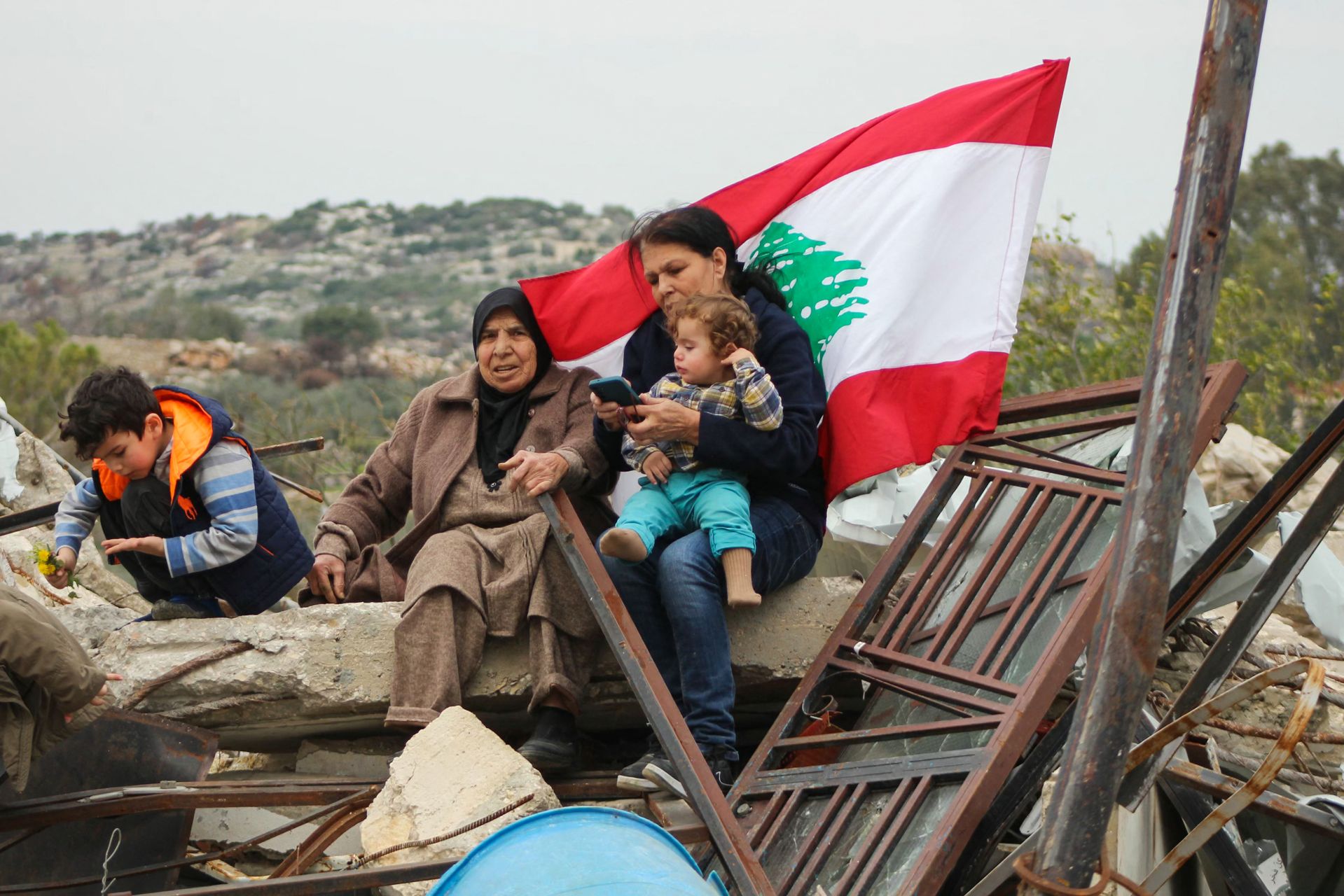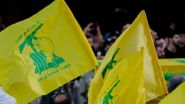
The ceasefire agreement in Lebanon has been extended until 18 February, the United States announced, after hundreds of inhabitants of southern Lebanon tried to return to their villages on Sunday, some of which were still occupied by Israeli forces who fired in their direction, killing 22 people according to the Lebanese authorities.
AFP correspondents saw convoys of dozens of cars, flying yellow Hezbollah flags, converge on villages devastated by the war between the Israeli army and the pro-Iranian movement.
The Israeli army fired on ‘citizens trying to return to their villages’ in several border towns, killing 22 people, including a Lebanese soldier and six women, and injuring 124, according to the Lebanese Ministry of Health.
Israel said its soldiers had fired ‘warning shots to eliminate threats in several areas where suspects were identified approaching the troops’, adding that they had ‘apprehended suspects’.
The Blue Helmets, who considered that the conditions for the return of the inhabitants had ‘not yet been met’, declared that it was ‘imperative to avoid any further deterioration of the situation’ and called on the Israeli army to ‘avoid firing on civilians in Lebanese territory’.
Under the terms of the agreement that ended the war between Israel and the pro-Iranian Hezbollah on 27 November, the Israeli army was supposed to have completed its withdrawal from southern Lebanon on Sunday, where only the Lebanese army and UN peacekeepers could be deployed. But Israel announced on Friday that the operation would continue beyond that date, claiming that the agreement had not been fully implemented by Lebanon.
The White House finally announced on Sunday the extension of ‘the agreement between Lebanon and Israel, overseen by the United States, (...) until 18 February 2025’, in a brief statement.
‘The Lebanese government reaffirms its commitment (...) to continue implementing the ceasefire agreement until 18 February 2025’, confirmed Lebanese Prime Minister Najib Mikati in a statement early on Monday, after holding talks with President Joseph Aoun and parliamentary leader Nabih Berri “on (...) the results of contacts with the American party responsible for supervising the agreement”.
In its first official reaction, Hezbollah, which had emerged weakened from the war, hailed ‘a glorious day’ and a ‘scene of pride written by the great people of the resistance (to Israel, editor's note) which once again proves its deep attachment to its land’.
The movement called on the guarantor countries of the agreement to ‘assume their responsibilities in the face of the violations and crimes of the Israeli enemy, and to force it to withdraw completely’.
A monitoring mechanism bringing together France, the United States, Lebanon, Israel and the Blue Helmets has been set up to oversee the application of the agreement.
An AFP correspondent saw hundreds of residents in the town of Bint Jbeil gather in the main street to pray collectively, before heading in procession towards neighbouring villages.
According to him, dozens of residents of the border town of Maïss al-Jabal walked towards the devastated village, where the Israeli army is still deployed.
They brandished portraits of former Hezbollah leader Hassan Nasrallah, killed by Israel at the end of September, and photos of their relatives who died during the war.
‘We will return to our villages and the Israeli enemy will leave, even if it means martyrs,’ Ali Harb, a 27-year-old man who was trying to return to the devastated village of Kfarkila, told AFP.
In parallel with the Israeli withdrawal, the agreement provides for Hezbollah to withdraw its forces and dismantle any remaining military infrastructure in the south.
The Israeli army's Arabic-speaking spokesman, Avichay Adraee, appealed on X to the inhabitants of the south to ‘wait’ before returning.
Lebanese President Joseph Aoun called on the inhabitants to show ‘composure’ and ‘trust in the Lebanese army’, ‘anxious to ensure your safe return to your homes and villages’.
The army, which is redeploying as Israel withdraws, announced on Sunday evening that it was ‘continuing to accompany the inhabitants’.
It added that it would ‘stand by their side to protect them from Israeli attacks’, accusing the Israeli army of ‘refusing to respect the ceasefire and withdraw’ from Lebanese territory.
French President Emmanuel Macron asked Israeli Prime Minister Benjamin Netanyahu in a telephone conversation to ‘withdraw its forces still present in Lebanon’, according to the Elysée Palace.
This is the most serious development since the election of Joseph Aoun, supported by the international community, on 9 January.
Claiming to be acting in support of Hamas, Hezbollah opened a front against Israel the day after the Palestinian Islamist movement attacked Israel on 7 October 2023, triggering the war in the Gaza Strip. This front degenerated into open warfare last September.
With AFP.



Comments